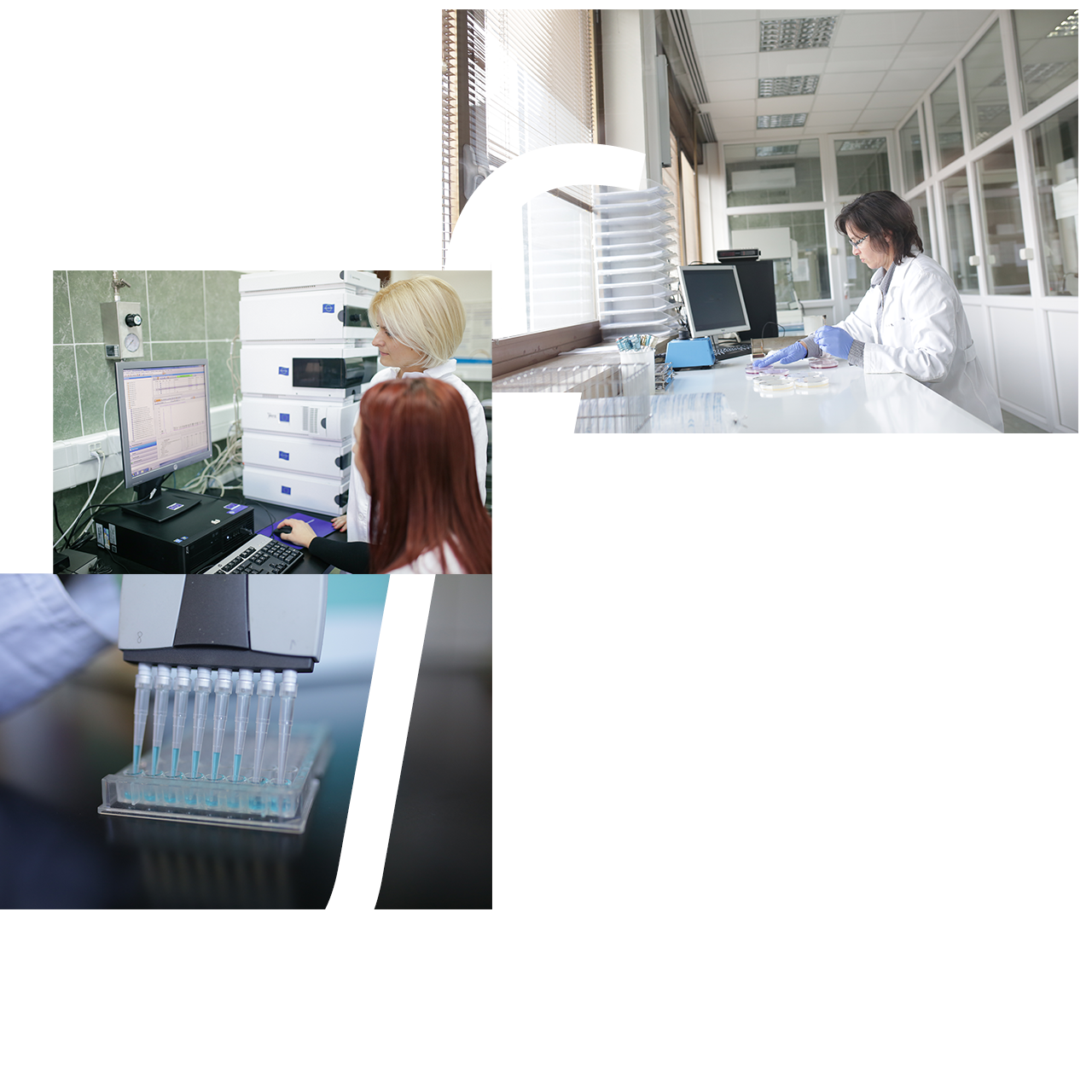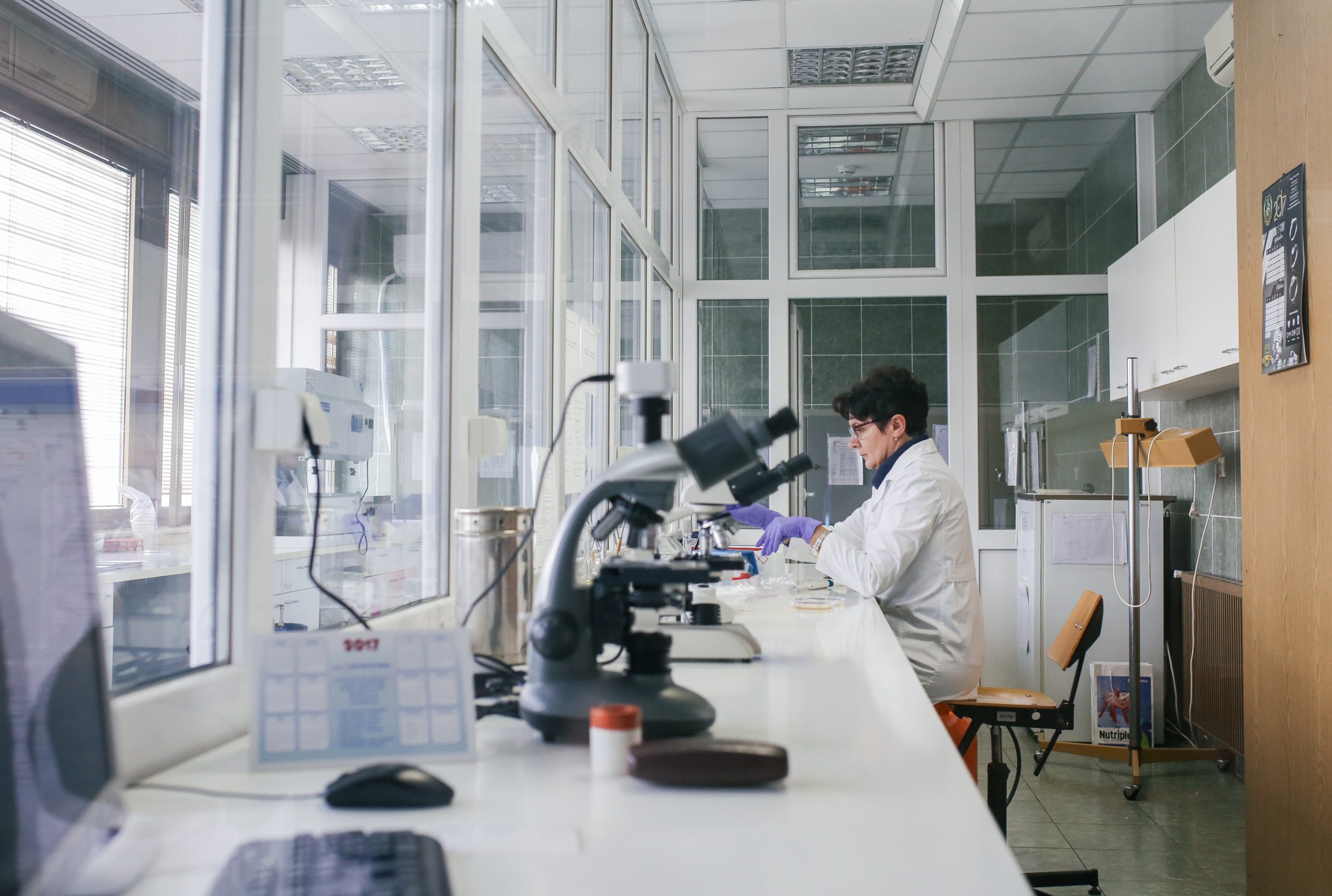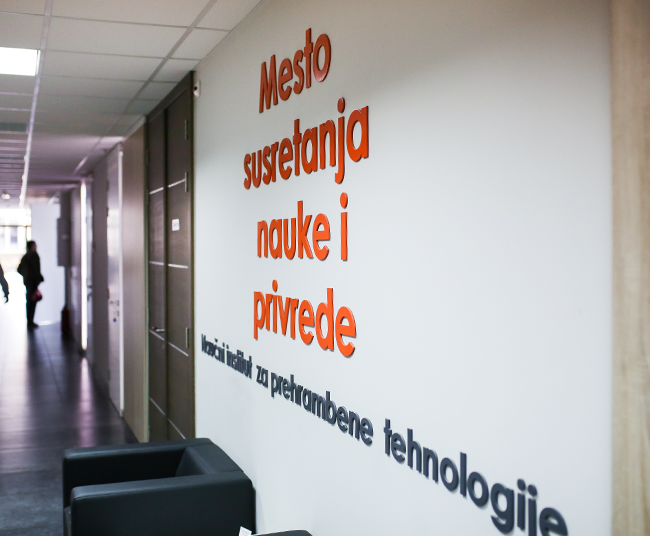FINSLab laboratory is Institute’s accredited laboratory according to the standard SRPS EN ISO 17025 for testing of food and feed by the Serbian Accreditation Board. Laboratory FINSLab is structured in six sections for: chemical testing, sensory testing, rheological testing, transport quality, microbiological and the analytical section.
All of them implement the necessary methods for quality control of foodstuffs and their safety. Each section has sophisticated equipment and within each section is continuously carried out training for the equipment use and introduction of new methods as well.




